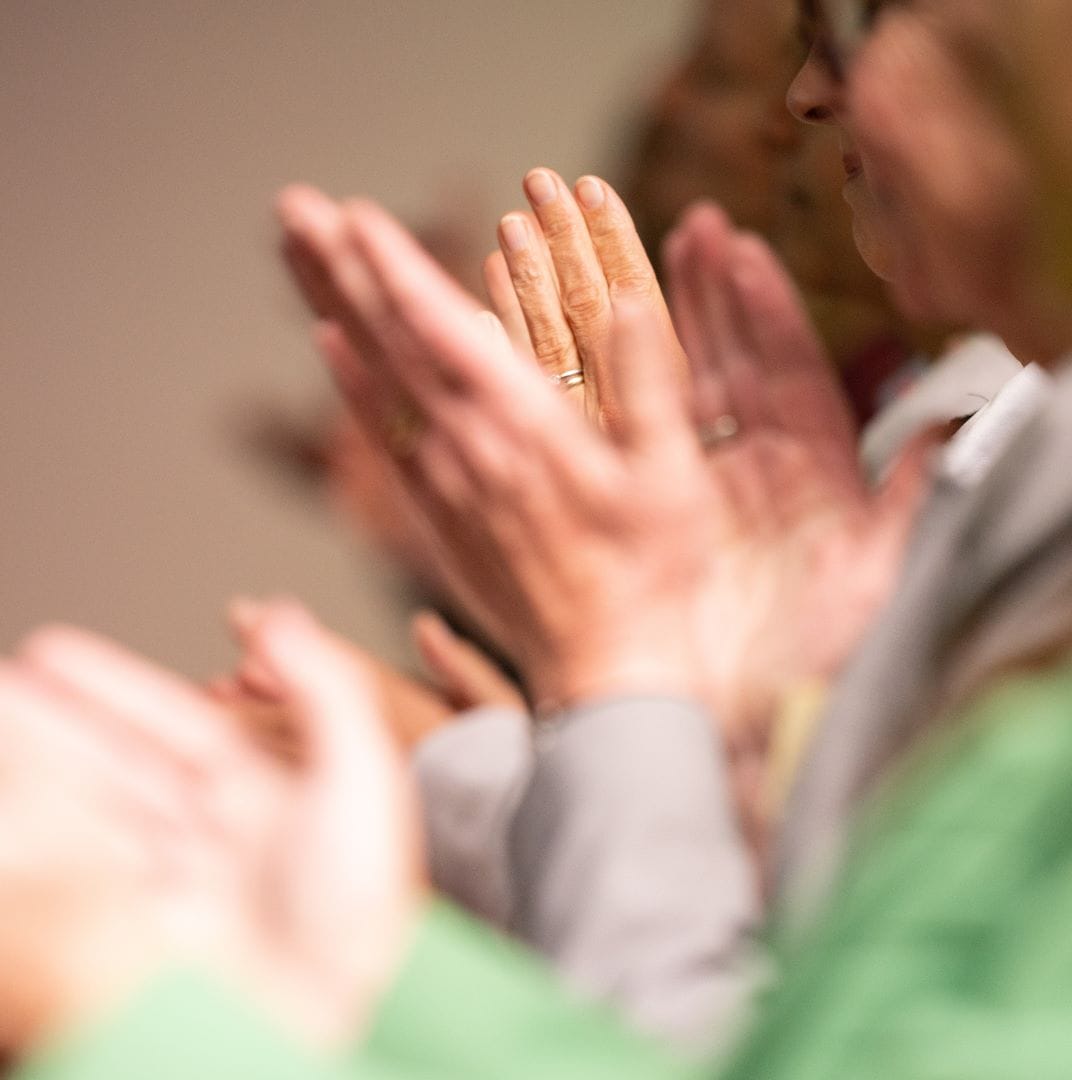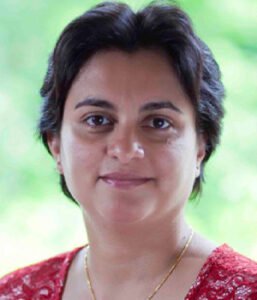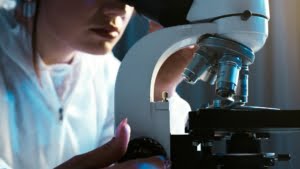It is a great honour to run our annual Summer Studentships programme, which provides opportunities for undergraduates to experience working in a laboratory and to undertake their own research project – all whilst supporting additional support to our current and former Fellows!
In 2022, 35 Studentships took place.
All of the students mentioned here also joined us for our Annual Fellows Meeting in September 2022, where they presented posters of their research projects during an evening buffet and drinks reception. This was a unique opportunity for the students to meet other Lister Fellows and members.
Alice Hayward-Wills joined former Fellow Anne Straube at the University of Warwick to map kinesin-1 binding motifs in MDV viral proteins.
Her 10-week research project involved learning more about directional transport and building skills in DNA propagation, pipetting, imaging, running blots, culturing cells and bioinformatics. Alice said:
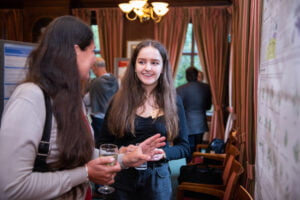
“One of my primary motivations in applying for the studentship was to gain experience and derive enjoyment from lab-based work, something that was interrupted due to the pandemic. I strongly feel as though this placement has equipped me with the knowledge and experience that I hoped to achieve prior to my studentship. I’m now certain I wish to undertake a PhD in biomedicine.”
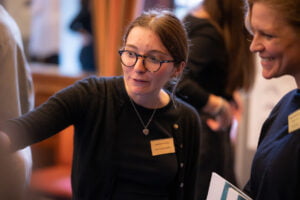
2018 Fellow Yanlan Mao supervised student Katherine Hutchings in her UCL lab during summer 2022.
“I’ve enjoyed learning all the steps involved in the process of completing scientific research, from bench work, data analysis and background reading, to collaborating and socialising with the lab members,” said Katherine. “I’ve been inspired by the variety of areas of science that I could pursue and shown that there is no limit to where I could go and what I could study.”
And, in turn, Yanlan was delighted with her student’s work: “Katherine’s work in the lab during her project placement has been truly exceptional: she’s an enthusiastic and fast learner and was able to master the different steps involved in data collection and analysis (Drosophila genetics and handling, high-throughput assay, image/data analysis with Fiji and python) very efficiently. Yanlan continued:
“Throughout her project she took care of carefully organizing and documenting all the data acquired through a digital notebook, presentations, and written reports. Katherine is a great team member and fitted in very quickly with our interdisciplinary group, showing great interest in people’s research projects and topics related to a career in science.”
Grace Kirman joined Mark Buttner and Susan Schlimpert at the John Innes Centre. She set out to characterise the biological role of a set of putative receptors (nucleotide-binding and oligomerization domain NOD-like receptors (NLRs)) from Streptomyces coelicolor and Streptomyces venezuelae, and to explore the capacity of these receptors to defend the bacterium against bacteriophage infection.
Grace said: “My studentship experience made it more likely that I will undertake a PhD as I really enjoyed the challenge of a research project as well as the sense of community gained from working in a lab group.”
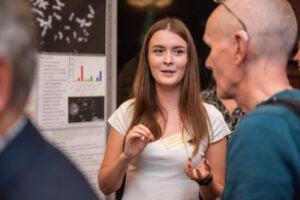
“It was exciting to have the opportunity to explore such a fast-evolving field of research. This was challenging but also intellectually stimulating and as consequence brought with it a huge sense of achievement. The financial benefits provided by the Lister Institute also served as motivation – I would have not been able to take up the placement had it been unpaid.”

At the University of Sheffield, Rohum Hossain worked with Sherif El-Khamisy and Hannah Crane on providing insights into the response of Oropharyngeal Squamous Cell Carcinoma (OPSCC) to mitoxantrone treatment.
Rohum had previously studied structural biology and plasmid engineering, so when his supervisor presented him with the opportunity to do a placement in cancer research, “he couldn’t say no.”
“I have grown more confident in research and scientific communication,” adds Rohum. “The studentship has given me the opportunity to network with fellow academics in the research sector and enhanced my understanding in the field of cancer biology.”
Serge Mostowy hosted student Ivan Yang Ji, where he was able to gain experience with cutting edge high-resolution microscopy techniques and devices and learn more typical molecular biology techniques. His research project investigated the interactions between Staphylococcus aureus and the septin cytoskeleton.
Ivan said of his research project:
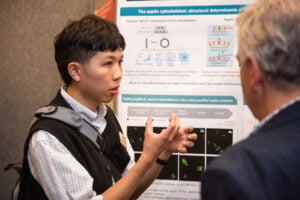
“I got to better understand the dynamics of research and funding in academia, and how to succeed in it, which has helped me to make an informed decision on how to continue my career in academia.”
Ivan continued: “The wet lab experience I have acquired in infection and molecular biology this summer will increase my chances of entering a PhD programme and has taught me microbiology knowledge and research techniques useful for my upcoming MSc in Integrated Immunology at the University of Oxford.”
Applications for 2023
Any current or former Fellow of the Lister Institute is eligible to apply to host a Summer Studentship. The Institute will provide a stipend to support a student project within your lab for 6 to 10 weeks.
If you would like to be considered for this funding this summer, there are some spaces remaining. Fellows and former Fellows can register here.
For more information, please visit our webpage about Summer Studentships.
All images in this post by Steven O’Gorman.

